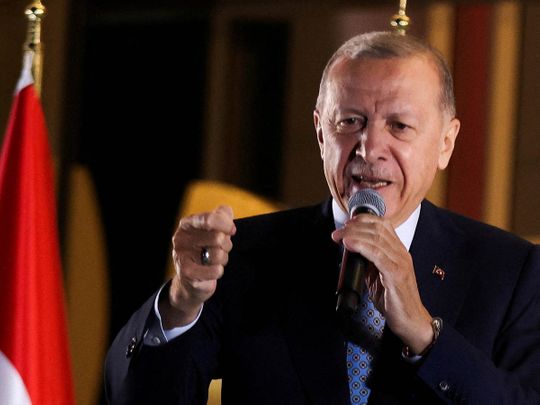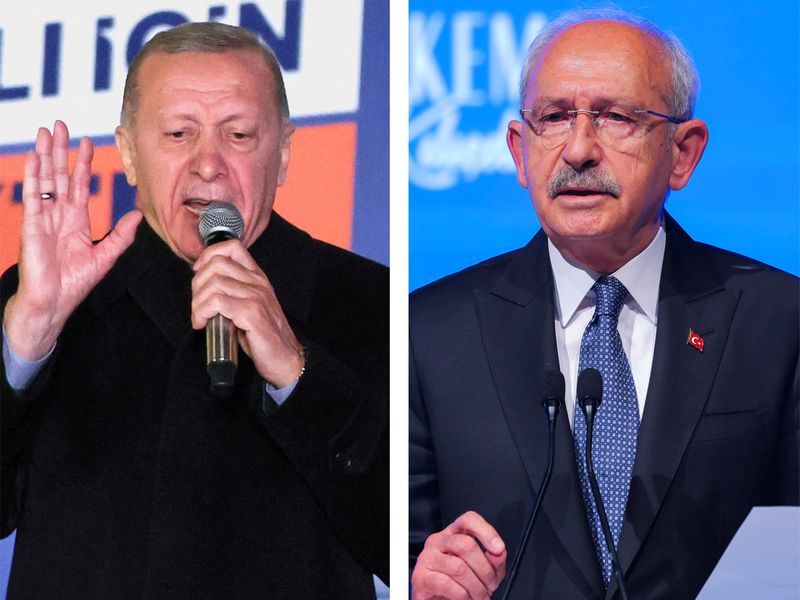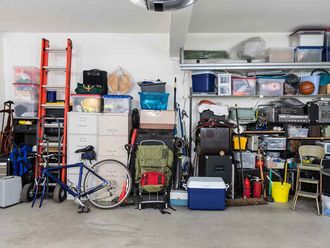
The Turkish people voted for Recep Tayyip Erdogan’s vision. Contrary to what many in the Western media described, the clash between the two candidates was not between “Right” and “Left”, or between “conservation” and “progress”. That interpretative apparatus simply does not capture the “Turkish prism” in all its complexity and gradients.
In truth, the duel embodied by the two challengers was between two visions for the “The Century of Turkey” — the continuation of Erdogan’s mandate, with its various declinations (foreign policy, energy policy) or a more protective and attentive-to-the-social-needs approach expressed by Kılıcdaroglu.
The global upheavals certainly influenced the outcome of the vote: faced with so much uncertainty, Turkish people preferred the reliability of the current President. Likewise, the two candidates gave voice to two social bodies with real aspirations and needs. The outcome has rewarded the President, but the opposition also represents a social body, which has an impact.
Opposing territories, earthquake
Turkish elections were the most critical ones for 100 years, as demonstrated by the high participation (88% and 85%) and the need for a further step, the runoff.
The two candidates set up two very different electoral campaigns: Erdogan drew huge while Kılıcdaroglu spoke to the “gut of the country” by publishing many videos — of low quality — from his home in which he denounced the economic crisis facing the country.
Erdogan kept the Anatolian strongholds and held on to some earthquake-hit provinces, such as Gaziantep (nearly 60% in the first round), not Adana. The vote of the coasts is also interesting given that Turkey overlooks two seas, Akdeniz (White Sea) and Karadeniz (Black Sea): Kılıcdaroglu scored higher percentage in the Mediterranean coast (over 50% in Antalya) while the Black Sea voted for the President, as in the Trabzon case (65%).

Istanbul rewarded the opposition, but Erdogan did not collapse; the same dynamic for Ankara, where Kılıcdaroglu won with 47%. The provinces where the Kurdish people are present — Mardin, Batman, Van and Diyarbakır (Kılıcdaroglu over 70%) above all — located on the border, the water crossing between the Tigris and Euphrates, vote convincingly for the opposition.
Regarding the vote for the assembly, it should be noted that: the Cumhur coalition lead by the current president remains first and the AKP leads it with more than 30%. They bagged 266 seats, while the MHP (10 %) at 50 seats.
The CHP of the opposition candidate (25%) is growing significantly with 169 members elected, and so also the İYİ Parti (9%) which should increase its seats to 44; the Yeşil Sol Parti (green and progressive party) obtained about 10% and won 62 seats in the Kurdish areas.
Certainly, having obtained the majority in parliament provided an extra assistance to Erdogan.
Erdogan’s project: energy and food autonomy, infrastructure
The president, also the former mayor of the megalopolis on the Bosphorus, has spearheaded a twenty-years period of change for Turkey. The country has developed a world-class industrial and manufacturing system and has enhanced the extraction capacities of minerals and natural resources.
Turkey has become a checkpoint for hydrocarbons flows which reach Europe from the heart of Asia. In addition, the new Akkuyu nuclear power plant, which received its first shipment of nuclear fuel in May, could produce up to 10% of the electricity Turkey needs.
Furthermore, Turkey is one of the leading global grain producers. Cereal production occupies about 75% of cultivated land. With a production of wheat (about 21 million tons) and barley (about 9 million tons), Turkey is one of the largest producers in the world.
Besides cotton and tobacco, sugar beet is another important industrial crop (about 22 million tons). In 2020, Turkey exported nearly 1780 different types of agricultural products to 240 countries for a total of $21 billion.
The basis of Turkish development is progressive energy and food autonomy, which is going to continue in the near future.
Lorenzo Somigli is a columnist. He has reported extensively on Lebanon and Turkey










